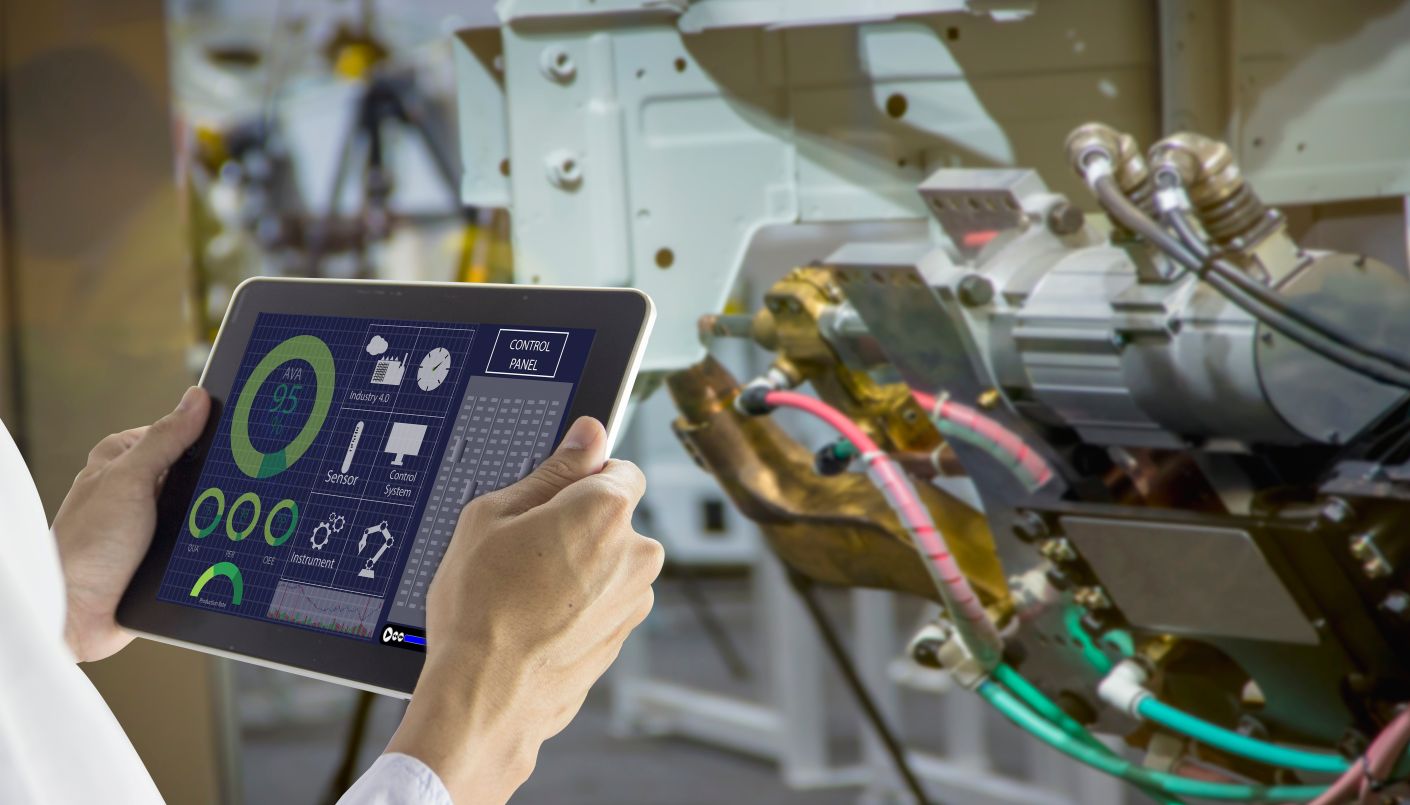How to successfully digitalize your shop floor?
By ensuring best machine connectivity.
Digitalization in manufacturing often begins as a stand-alone project, such as the implementation of a manufacturing execution system (MES), tool data management (TDM) or a computer-aided quality (CAQ) system. Technology enables automated tasks to be performed more effectively, but only if the data collected is reliable and accurate. However, this leads to fragmentation of data collection and a multitude of isolated solutions.
We provide for you
There are many fixed-position or mobile devices such as drives, robots, machines, sensors, and other systems that interact on the factory floor and require fast and reliable connectivity.
In this context, 5G-based wireless transmission offers new opportunities and greater flexibility. On-site service engineers will be able to access the 5G network for monitoring and maintenance. Safety is a key issue on the factory floor.
You will gain
Advanced devices and software solutions enabled by 5G connectivity can significantly improve manufacturing processes.
This data-driven approach increases efficiency, visibility, flexibility, and quality while reducing resource costs. In addition, the use of 5G technology in manufacturing can increase customer satisfaction, revenue, and profits.








